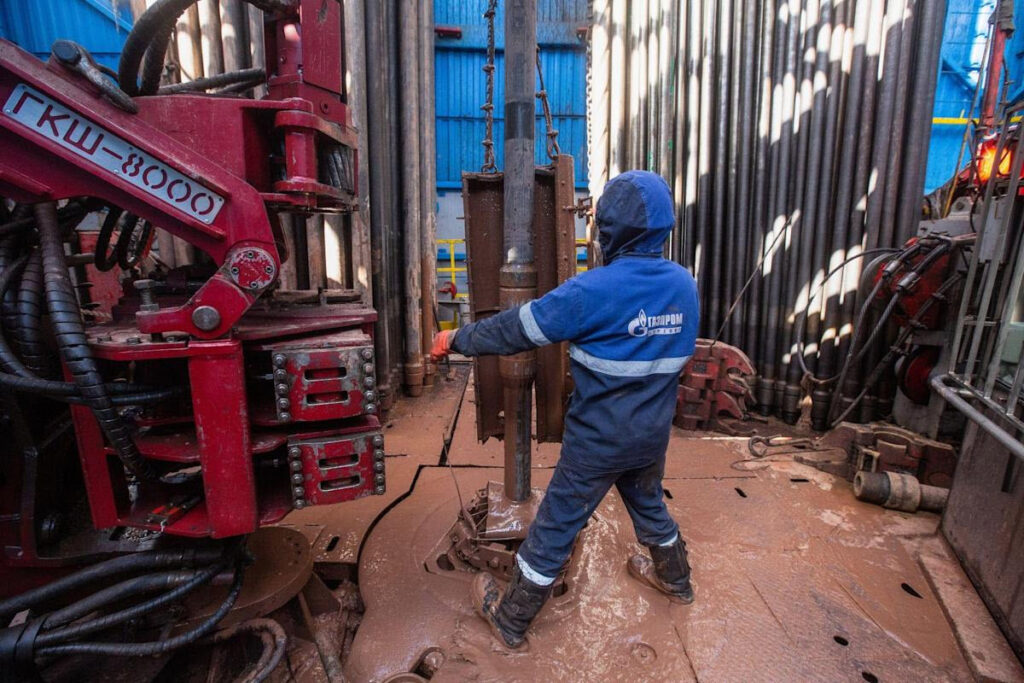(Bloomberg) — European Union energy ministers tried to project a united front Monday in rejecting Russia’s demands to buy gas in rubles as the bloc tries to prevent Vladimir Putin from sowing divisions in the bloc.
Despite signs that at least one member state, Hungary, may accede to Moscow’s ruble demands, ministers said the EU will find a way to stick together.
“Speed is of importance here,” Irish climate minister Eamon Ryan told reporters. “This war now looks like it could be protracted and we need to use every lever to try and shorten it. Better to go strong early and try to bring to an end.”
The EU is proposing a gradual ban on Russian oil by the end of the year — which Hungary has suggested it will veto if it moves too quickly — but several ministers made clear that they expect quick action.
Poland, which has pushed for a ban on Russian oil, will also propose an embargo on gas, preferably at the same time.
“We will call for immediate sanctions on oil and gas,” Polish climate minister Anna Moskwa told reporters. “This is the next urgent and absolutely necessary step which should be taken into account in to the next pile of sanctions. I do believe during today’s meeting, we will have solidarity.”
To encourage skeptical nations to get rid of their dependency on fossil fuels from Moscow, Poland wants to propose a special carbon market-like mechanism on energy sources imported from Russia. Such a system would involve a quota of fossil fuels for each country, and those wanting to purchase more would have to buy permits from those using less than their limit. It’s not clear that the proposal has support from other member states.
Ministers plan to discuss how to bolster Europe’s depleted gas reserves before the next heating season. National governments and the European Parliament are currently fast-tracking a regulation that would require countries to ensure that storage facilities are filled up to 80% before next winter and 90% in the following years.
The meeting will also feature an exchange of views on the proposal by the European Commission to reduce dependence on Russian gas imports. The EU’s executive arm said last month the bloc could replace nearly two-thirds of Russian gas imports this year by tapping alternative supply sources, building up renewables and boosting energy security. On May 18, the commission is set to present a set of laws to implement the plan.
Source: Worldoil.com

